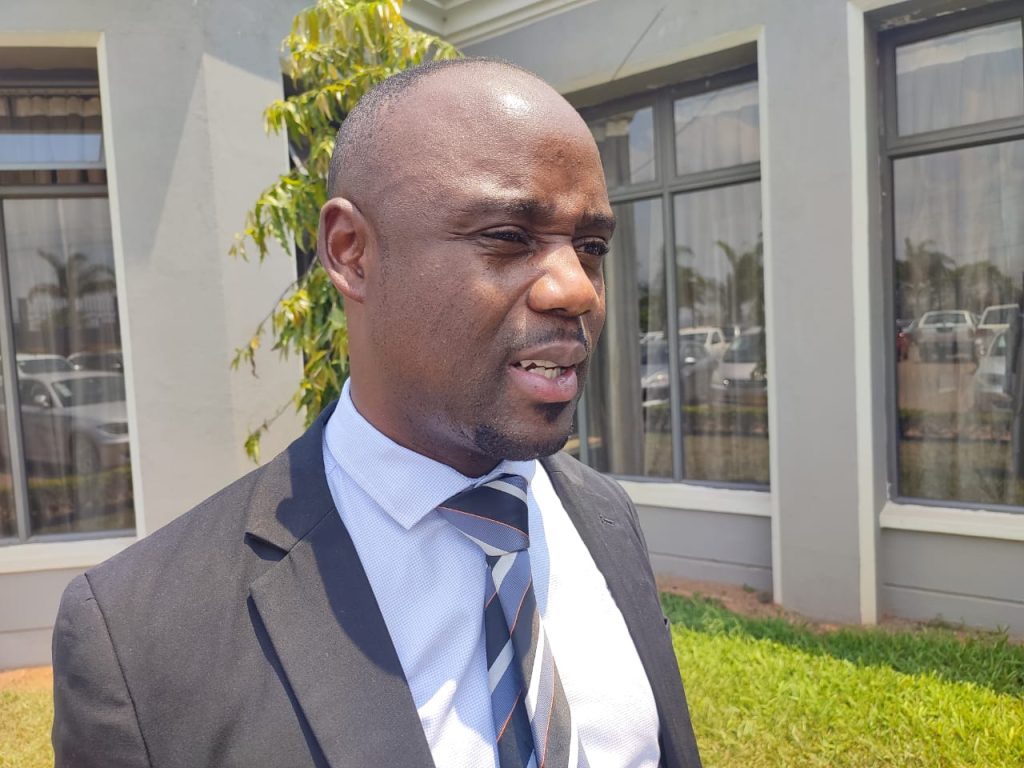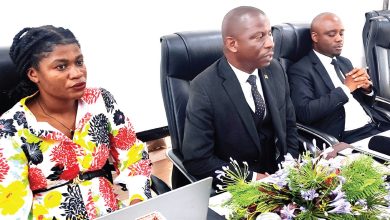World Bank demands K1.3bn refund from local councils
Financially-crippled local councils have up to June 30 2025 to refund K1.3 billion to the World Bank they could not account for under the Social Support for Resilient Livelihoods (SSRLP) project.
This comes on the back of a World Bank financial management team expenditure review, which established that funds totalling K1.3 billion may have been mismanaged.
Official correspondence The Nation has seen and verified shows that the bank’s team undertook the SSRLP expenditure reviews for financial years 2021/22 and 2022/23 at the National Local Government Finance Committee (NLGFC) and the local authorities.
The refund is expected to be done through the NLGFC which disburses the funding and is also tasked with monitoring and evaluation of how funds are utilised.
Reads the communication in part: “The reviews were to ascertain the validity of expenses, and the amounts listed below have been declared questionable and have not been validated due to noncompliance with agreed policies and procedures as detailed in the Financing Agreement and Project Implementation Manual.
“The expenses are also not in line with PFMA [Public Finance Management Act] 2022 and related Treasury instructions as well as Ifmis [Integrated Financial Management Information System] desk instructions.”
Nsanje District Council is expected to refund what has been termed as questionable expenditure amounting to K169 128 462.86 by June 30 2025, out of which K166 million is expenditure with missing supporting documents.
Dedza District Council will have to pay back K93 135 771.02 for inconsistences in procurement and use of unauthorised vouchers.
All councils have received similar instructions with variations in figures and reasons for the refund.
Further, apart from the refunds, all councils have also been asked to institute investigations and internal audits to establish areas of weak controls.
The councils are also to undertake administrative and disciplinary action on all officers suspected to have breached the SSRLP financing agreement; and submit monthly audit reports to NLGFC by the 10th of the month with strict enforcement.

In a written response yesterday, NLGFC chief executive officer Kondwani Santhe said so far all councils have made commitments to refund and are refunding.
“[For] any balances not refunded, councils will be deducted from their funding. All have responded and are in the course of the implementation of the recommendations,” he said.
Santhe said much as the revelations have come to light through a World Bank review, the findings are not totally new as both national audit reports and NLGFC reviews previously established similar issues.
“We hope not to have such things anymore from this financial year,” he said.
The Nation reached out to five district commissioners (DCs) of, but only got a response from Nkhata Bay DC Maxwell Gondwe who said he was not aware of the issues as he was new.
However, in a telephone interview, Malawi Local Government Association (Malga) executive director Hadrod Mkandawire said they will ensure that councils comply with the World Bank demands.
“I think there was some laxity by some officers who in this case were not under proper control and supervision. It is a huge lesson to local authorities which gives us a picture that we have few bad apples in the councils,” he said.
Mkandawire added that Malga is supportive of the call for disciplinary action, saying the association has the mandate to build credible and viable local authorities which should be vehicles of meaningful decentralisation and development.
For years, the capacity of local councils to manage public funds has come under the spotlight.
In 2023, the Public Accounts Committee (PAC) of Parliament expressed worry over capacity challenges in the country’s district councils where many people in key positions were in acting capacity.
On the other hand, a 2015 Tilitonse Fund Report also found that local councils faced numerous queries bordering on fraud and accountability of funds.





